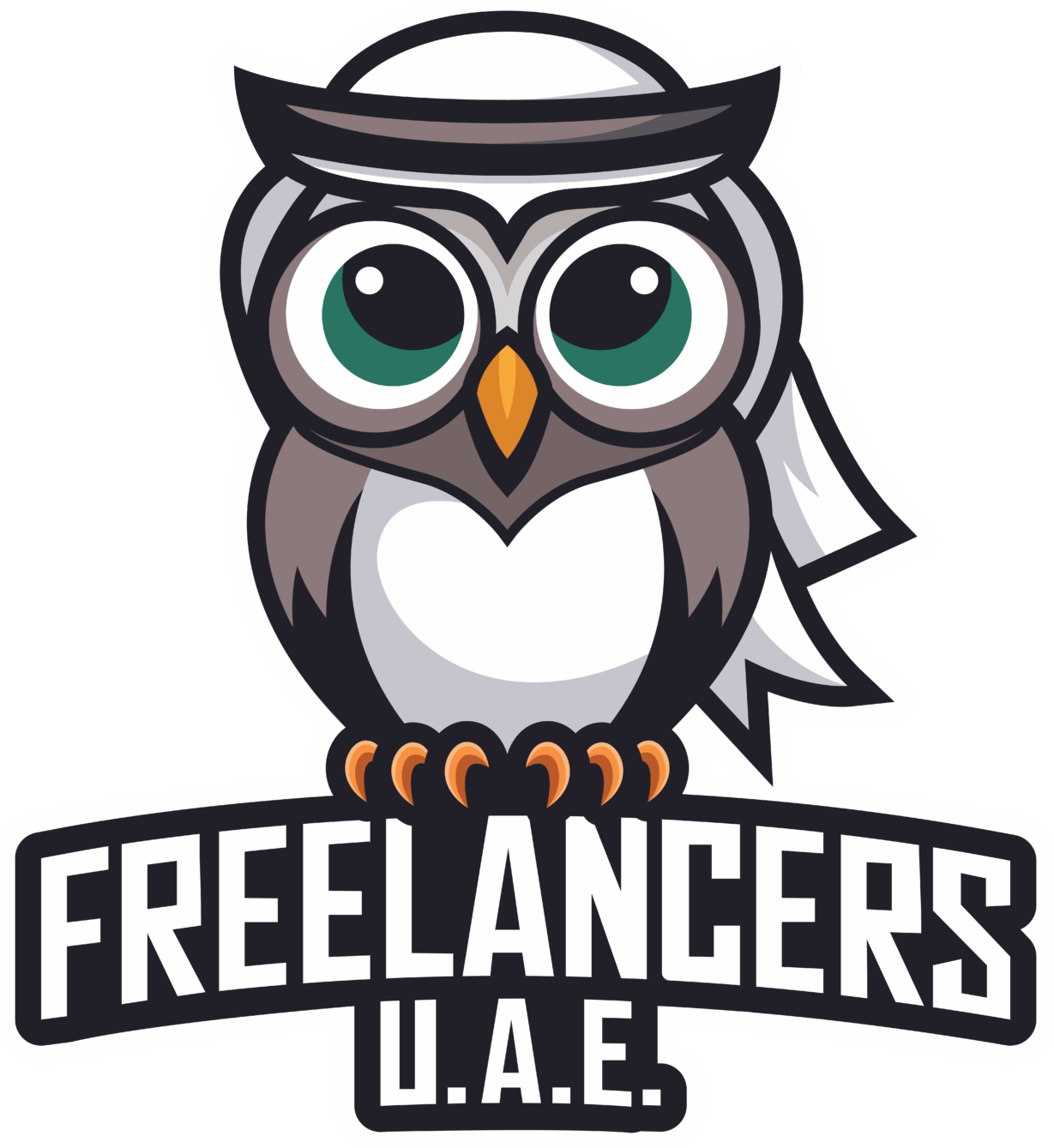Introduction
The UAE’s tech and industrial sectors have accelerated documentation needs as companies adopt cloud services, AI-driven platforms, and complex regulatory frameworks. Freelance Technical Writers are increasingly hired by startups, government entities, and energy firms to translate complex systems into usable guides.
For many professionals, the UAE offers competitive pay and cross-sector exposure, but success depends on local know-how, a strong portfolio, and compliance with licensing rules. This guide helps Freelance Technical Writers navigate the 2025 market, key compliance updates, and client pipelines.

1️⃣ ? Market demand & where skills meet opportunity
In 2025, the UAE market will keep expanding across fintech, healthtech, telecoms, energy, and government digital projects; demand for technical documentation continues to rise as organisations scale and digitise their offerings. Job boards and industry listings show steady openings for documentation roles and contract work.
Companies need high-quality product manuals, API documentation, training guides, and compliance reports. Freelance Technical Writers who understand APIs, structured authoring (DITA/Markdown), and product lifecycles get prioritized. Many roles require familiarity with DevOps workflows, basic scripting, or the ability to collaborate with engineering teams. Regional R&D centers and government digital transformation initiatives create recurring documentation work for Freelance Technical Writers, giving steady pipelines for those who specialise.
2️⃣ ? Where to find work: sectors & platforms
Top sectors: fintech, healthtech, telecoms, industrial automation, energy, and aviation. Both global marketplaces and local networks are important — LinkedIn, specialised tech job boards, and regional freelancing platforms attract different client types. Agencies and product teams often contract Freelance Technical Writers for sprints, while medium and large enterprises hire them on retainer for continuous documentation improvement.
Startups typically post roles for junior- to senior-level documentation contributors, while enterprise projects usually require experience with regulatory or safety-critical documentation. Building a presence in local tech communities helps access higher-quality, better-paying gigs.
3️⃣ ? Legal & visa landscape (2025 updates)
Getting your legal status right is essential before you invoice clients. You can apply for a freelance permit through authorities such as the Dubai Development Authority (DDA) or via several UAE free zones that support independent professionals — these formalise work for Freelance Technical Writers.
Costs and processes vary by free zone; typical packages bundle a freelance permit with an establishment card and residency processing. Expect to budget for permit and visa fees and consider whether you need a company bank account, invoicing setup, and local tax/compliance advice. Recent 2025 guides summarise the permit types, costs, and practical steps to apply.
Be aware: in mid-2025, the UAE introduced a temporary suspension on the issuance of new freelance visas, which may affect prospective applicants — always verify the live status of programs before committing to a specific route.
For deeper legal guidance and to ensure you pick the right permit for your activity, consult professional advisories that break down eligibility, renewals, and differences across emirates.

4️⃣ ? Pricing, contracts & how to set rates
Pricing models commonly used in the UAE include per-hour, per-day, per-word (for certain kinds of content), and fixed-price project fees. Mid-career benchmarks show that candidates with domain expertise (e.g., telecom protocols or medical device documentation) can command premium day rates. Many organisations prefer transparent milestones and acceptance criteria in the statement of work to avoid scope creep.
When quoting, outline assumptions, deliverables, accepted file formats, review cycles, and change control. Clearly define payment schedules (e.g., 30% upfront, 40% on draft, 30% on sign-off) and add late-payment terms. Use a basic legal template or have a local lawyer review recurring-contract clauses, especially for confidentiality and IP.
5️⃣ ?️ Tools, workflows & portfolio essentials
Common tools: Git/GitHub for source control, Markdown/DITA/XML for structured authoring, Confluence or ReadTheDocs for publishing, and Figma for annotating UI text. Familiarity with API testing tools (Postman), CI/CD basics, and simple scripting (Python/Bash) is a plus for many product teams.
Create a portfolio with at least three case studies: (1) an API doc or SDK guide, (2) a user manual or policies document, and (3) a sample knowledge-base article or tutorial. Show before/after outcomes and metrics (reduced support tickets, faster onboarding). Hiring teams shortlist candidates based on concrete samples and a demonstrated process, more than general statements about experience.
6️⃣ ? Networking, negotiation & local communities
Networking in the UAE pays off: attend product meetups, developer conferences, and free zone events to meet product managers and engineering leads. Local free zone incubators and media clusters often host workshops where decision-makers scout freelance talent. Pitch with client-focused outcomes (time saved, compliance enabled) rather than generic writing skills.
Negotiate by demonstrating domain knowledge and presenting tiered packages (basic/silver/gold) that bundle doc types, maintenance hours, and localization options. Contracts with retainer options often lead to more stable income than one-off projects.
7️⃣ ⚠️ Common challenges & smart workarounds
Challenges include scope creep, irregular payments, and steep onboarding curves for highly technical projects. Use templated SOWs, sample acceptance tests, and short paid trial tasks to reduce risk. Align early with engineering on review cycles to avoid late-stage rewrites.
When working on regulated or safety-critical content, collaborate with a local reviewer or compliance consultant to ensure documentation meets legal and standards requirements. Reliable delivery and domain confidentiality make you a preferred supplier for long-term documentation projects.

✅ Conclusion
The UAE in 2025 continues to be a thriving hub for Freelance Technical Writers seeking high-value projects and long-term opportunities. Businesses across fintech, healthcare, and technology rely on Freelance Technical Writers to deliver precise, user-friendly documentation that drives product adoption and compliance.
To succeed, Freelance Technical Writers must stay updated on licensing rules, pricing benchmarks, and evolving tech standards. A strong portfolio showcasing real-world impact helps Freelance Technical Writers stand out in a competitive market. Building trust through timely delivery and technical accuracy ensures Freelance Technical Writers secure repeat clients. Networking within local communities is another way Freelance Technical Writers open doors to premium contracts and enterprise projects.
The demand for API documentation, SOPs, and user manuals will continue to rise, giving Freelance Technical Writers consistent work opportunities. By investing in tools, certifications, and strategic marketing, Freelance Technical Writers can create sustainable income streams. Ultimately, Freelance Technical Writers who combine domain knowledge with adaptability will thrive in the UAE’s dynamic business environment.
External Resources & Further Reading
- Dubai Development Authority — Freelancer License & registration. Dubai Development Authority
- Fragomen — Freelance licence overview and considerations (2025). Fragomen
- Virtuzone / Executive Centre — Freelance visa and cost guides (2025). Virtuzone The Executive Centre
- KPMG — Alert on temporary suspension of new freelance visas (July 2025). KPMG
- Glassdoor — Technical writing job listings and market signals (UAE). Glassdoor
Also Read: Mastering Email Marketing for Freelancers: Proven Strategies to Build Recurring Clients in 2025


One thought on “Ultimate Guide for Freelance Technical Writers in the UAE: Visas, Rates & Success Tips for 2025”